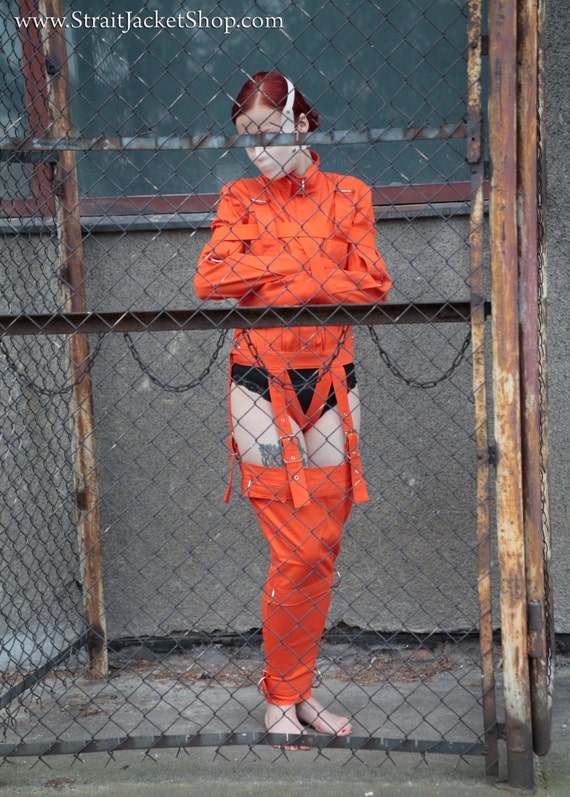


Many Internet sites market aloe to individuals for what is commonly termed “sunburn type” reactions from radiation therapy. Studies documenting incidence have primarily occurred in women receiving treatment for breast cancer. The incidence of radiodermatitis can be as high 95% depending upon the population of patients receiving treatment. Severe radiodermatitis can necessitate dose reductions or treatment delays that negatively impact the ability to adequately treat the cancer. Radiodermatitis can cause patient pain and pruritus that affect quality of life, body image and sleep. Older adults who walk during their hospital stay are able to walk farther by discharge, are discharged from the hospital sooner, have improvement in their ability to independently perform basic activities of daily living, and have a faster recovery rate after surgery.ĭon’t use aloe vera on skin to prevent or treat radiodermatitis. Bed rest or limited walking (only sitting up in a chair) during a hospital stay causes deconditioning and is one of the primary factors for loss of walking independence in hospitalized older adults. Loss of walking independence increases the length of hospital stay, the need for rehabilitation services, new nursing home placement, risk for falls both during and after discharge from the hospital, places higher demands on caregivers and increases the risk of death for older adults. Walking during the hospital stay is critical for maintaining functional ability in older adults. Up to 65% of older adults who are independent in their ability to walk will lose their ability to walk during a hospital stay. Don’t let older adults lie in bed or only get up to a chair during their hospital stay.


 0 kommentar(er)
0 kommentar(er)
